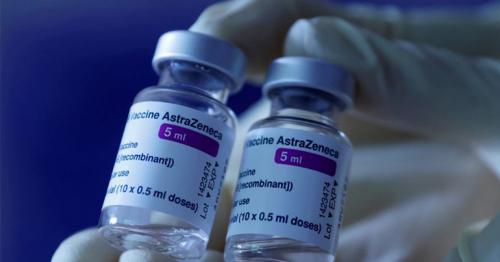4 Real Risk Factors For Heart Disease You Shouldn’t Ignore

The world is full of information. It’s also full of misinformation.
Sometimes it’s hard to know which is which, especially when evidence arises that contradicts conventional wisdom.
Whom do you trust?
Diet fads, scientific theories, and experts come and go–but Nature remains.
When it comes to what you eat, getting as close to her as possible always seems the safest bet.
Arterial Plaque Causes Heart Disease, Not Cholesterol.
Cholesterol doesn’t cause heart disease. Consuming fats doesn’t cause heart disease. The accumulation of gunk in your artery walls is what causes heart disease. Arterial plaque–like dental plaque–is a sticky accumulation of waste that gets stuck in your arteries:
“Risk factors such as hypertension, diabetes, infections and smoking cause damage to the artery walls. As the body attempts to repair these injured spots, plaque forms. It’s a misnomer that plaque is just fat; it’s a graveyard of dead red blood cells, white blood cells, platelets, cholesterol from those dead cells, and numerous different organisms including bacteria and viruses. That’s what is in the plaque–not just fat and cholesterol.”
Medical Director of Northwestern Wellness Center Larry Kaskel, MD is a lipidologist who believes the conventional wisdom around saturated fat, cholesterol, and heart disease is misdirected. Its focus is on symptoms, not cause.
He believes the primary risk factor of heart disease is inflammation in the artery walls, even going so far as to suggest that it’s an infectious disease caused by inflamed plaque scabs. Makes sense, since we know that inflammation in the body causes many other chronic conditions and disease like rheumatoid arthritis, Chron’s disease, and asthma.
If there are unhealthy bacteria and viruses stuck in the goo, we can see how the accumulation of plaque could cause not only arterial restriction but manifest any number of symptoms.
The Root of The Problem
The answer to preventing heart disease, therefore, is in keeping the artery walls free from plaque, not taking drugs to lower cholesterol.
“Drug companies knew they’d make more money by keeping patients on Statins, so they demonized fat and cholesterol rather than investing in the root of the problem.”
Dr. Kaskel provides a very short list of the real risk factors for heart disease.
1. Sugar
Too much sugar is evil–it will kill you in any number of horrible ways. Among its deathly arsenal: sugar damages arteries, causes obesity, increases blood pressure, contributes to gum disease, and can cause blindness in diabetics. Simple refined sugar isn’t the only form that presents these hazards; refined carbohydrates–those that are easily broken down into sugar–are almost the same thing.
2. Stress
Chronic stress can cause many deteriorating physical conditions, heart disease among them. When you are stressed the hormones cortisol and adrenaline are released; if the levels of these hormones remain elevated, they will cause inflammation. Inflammation leads to disease.
3. Trans fats
Created when hydrogen is added to vegetable oil–and therefore a synthetic product–trans fats have been proven hazardous to heart health and linked to the development of cancer.[1]
In 2013, the Food and Drug Administration removed trans fats from its list of Generally Recognized As Safe (GRAS) foods. Because they are used in processed foods to extend shelf life, the American Bakers Association and American Soybean Association are lobbying to reverse that decision. Any hydrogenated oil is a trans fat. Trans fat = bad fat.
4. Not enough protein and healthy fats
Not enough fat can cause heart disease?! Surely you jest.
As above, sugar is the biggest danger. Replace sugars with vegetables, unprocessed proteins and fats. Healthy unsaturated fats found in avocados, fish, and nuts, and saturated fats found in (grass-fed organic) butter, coconut oil, and organic meats nourish your body and allow for cell production and growth.
Your brain is composed mostly of fat. By eating more protein and fats and fewer carbohydrates, we stave off conditions brought about by too much sugar.
Proteins and fats are also more filling and satisfying than carbohydrates, so you’ll eat less. In addition, eating fewer carbohydrates means the resultant sugars are not available to be converted in the body to fat.
Reducing your risk for disease is just a heartbeat away if you know what to do.
/ Source: dailyhealthpost





Comments